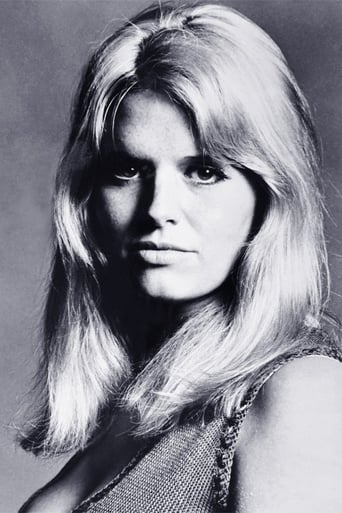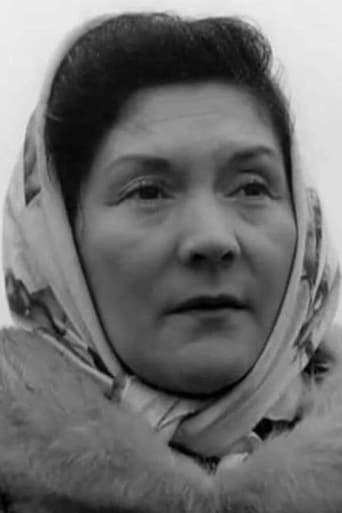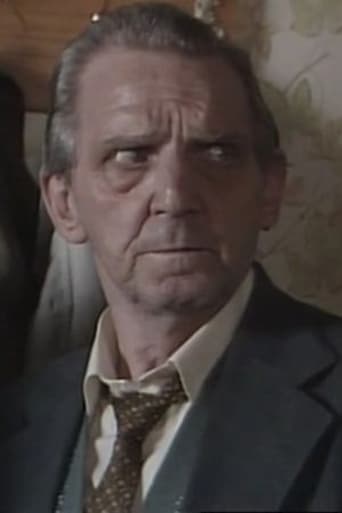Dorathen
Better Late Then Never
AutCuddly
Great movie! If you want to be entertained and have a few good laughs, see this movie. The music is also very good,
BelSports
This is a coming of age storyline that you've seen in one form or another for decades. It takes a truly unique voice to make yet another one worth watching.
Kien Navarro
Exactly the movie you think it is, but not the movie you want it to be.
Michael Daniels
If, like me, you grew up in London during the 60's then this film will strike a chord with you and what music it makes! Here we are not in the swinging 60's but the struggling 60's despite the promises of social justice. Here the focus on those left out of the prosperity and boom years of post war Britain. Terence Stamp, here at the beginning of his long and brilliant career, brings so much to his character and reminds us of the optimism and drive that was abundant in this decade even while serving out his prison sentence. At the forefront lie the attitudes, and bigotry of this decade and despite so called, "sexual freedom", attitudes to women remained entrenched in the past. Ken Loach manages to balance what essentially is the failings of the system against the never ceasing optimism of Joy (Carol White). It is clear that all she wants, , like everyone at this time, is a piece of the pie, yet somehow she never really seems to get it. Bad choices, bad decisions, and bad men, yet though all this hardship and sorrow, she says strong for her son, because in the end this is all she has. This is perhaps one of just a handful of films that brilliantly documents this decade.
Lee Eisenberg
Ken Loach showed the world the down-and-out flip side of Swinging London with "Poor Cow", about London woman Joy (Carol White) hooking up with a thief and having a son with him, only to see the man end up in the slammer. While his friend (Terence Stamp) manages to help her out some, he proves to be little better in what a loser he is. It soon becomes clear to Joy that she's going to have to make a serious decision about where she's going in her life.One thing that I determined - I don't know whether or not this is accurate - was a use of irony in the movie. Her name is Joy, but she experiences no joy in her life. Even if that wasn't intended, it's still a movie that I recommend to everyone. Featuring songs by Donovan (one of which - "Colors" - appeared in another Terence Stamp movie: "The Limey" (which, incidentally, came out in 1999, when I was as old as my parents were when "Poor Cow" came out)).
cooked
Not a film of entertainment, but of real lives & limited ambition for the working class in 60's. Enjoyable because of my upbringing, not sure it'd work for most people. Typical Loach. Full of TV actors/actresses of 70's/80's/90's.
Edgar Soberon Torchia
Back in the 60's, this grim study of Joy, a young proletarian wife, was the introduction to the career of Ken Loach, who became one of the most distinguished and respected British filmmakers of all time. By then I knew very little about Brecht, politics or the reality of the under-privileged, and I was quite impressed by the aesthetics of the film, its free style, its austere color cinematography, and Joy's monologues in front of the camera. I was also much surprised to find that Terence Stamp (who had become a celebrity, thanks to "Billy Budd", "The Collector" and "Modesty Blaise") had so little screen time. Although 20th Century Fox distributed "Poor Cow" in Panama, Loach did not join mainstream cinema (which this film hardly is) and I lost contact with his films. I just heard of his successes, "Kes", "Family Life", "Black Jack". until I caught up in the 80's. The beautiful title song by Donovan, by the way, is available in his anthology "Troubadour".





